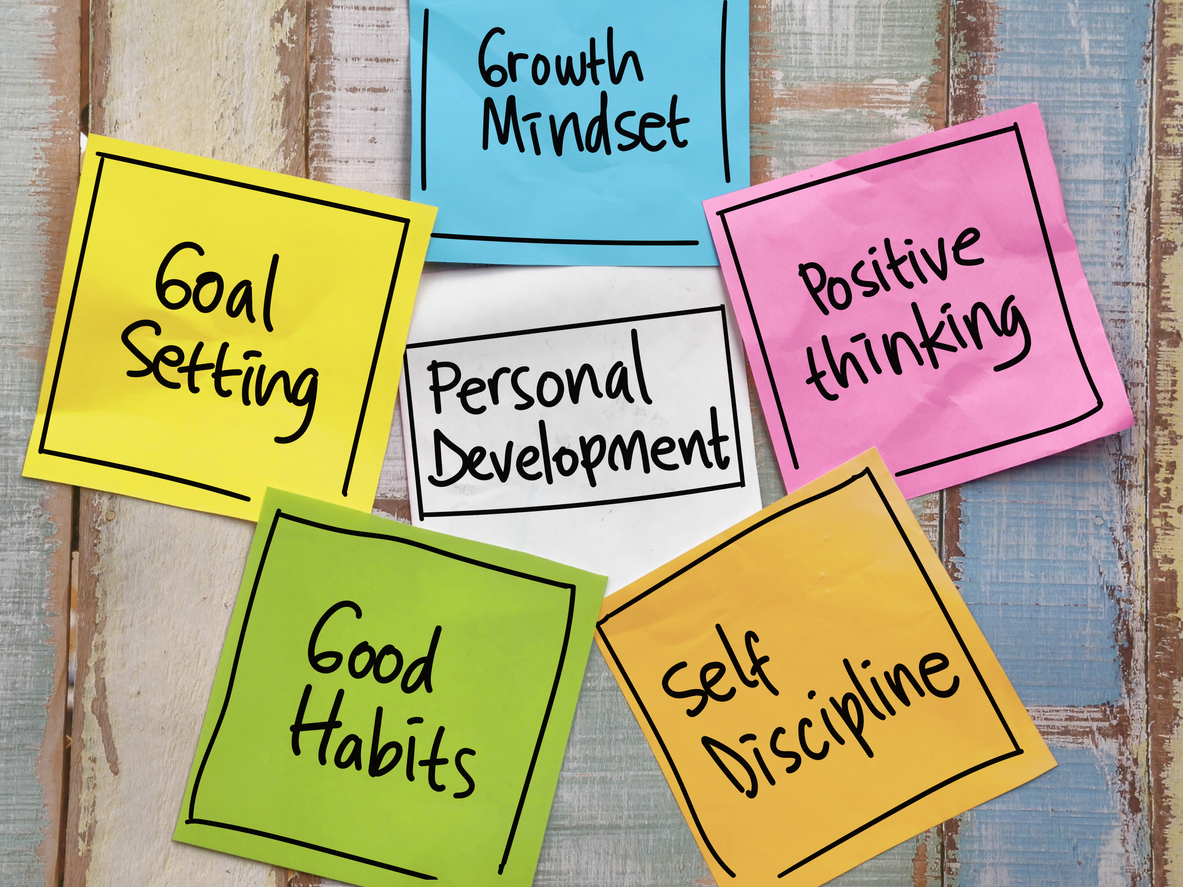
Become a teacher, they said! It’ll be fun, they said!
Truly, there is no more rewarding job than teaching and making a difference in students’ lives each and every day. The school environment is fast-paced and exciting! However, the profession sometimes has a tendency to be difficult, especially for new educators who might not be used to the expectations of managing their own classroom. Every grade level comes with its own unique challenges, but veteran educators can agree that there are things you can do each year to set yourself up for success in the coming school year.
Here are some general pieces of advice that may be helpful for new teachers to navigate the school environment and make the first year of teaching more manageable:
Build strong relationships with your students
Take the time to get to know your students as individuals. Ask about their interests, hobbies, and aspirations. First and foremost, show each individual that you care about them as people, not just as students. Building positive rapport with your students will create a more comfortable and respectful learning environment. Take time to learn about each student’s learning style. Although this doesn’t happen overnight, this will help you tailor your lessons to their needs and make connections with them over time.
Be prepared and organized
As a new teacher, make sure you have a solid understanding of your subject matter and have your lessons planned out in advance. Preparation will help you feel more confident in the classroom and will allow you to better engage with your students. Make sure you have all the necessary materials and resources for your lessons, such as textbooks, worksheets, and technology. Organize your materials in a way that makes them easy to access for yourself and students. Be sure to also familiarize yourself with the curriculum you will be teaching and utilize any resources available to you (instructional coaches, administrators, etc.). This will help you stay organized and ensure you cover all the required topics. As a rule of thumb, attending any professional development workshops you can to gain a deep understanding of the subject matter will also help you throughout your career!

Develop assessment methods
Work with your lead teacher or instructional coach, if possible, to create appropriate assessment methods that measure student progress and adjust your teaching methods as necessary. Plan your assessment dates in advance to keep on track with your curriculum pacing plan and stay on top of assignments and deadlines. Staying organized with your assessments will help you adjust based on student understanding and reduce your own stress levels.
Stay flexible
No matter how much you plan, there will always be unexpected situations that arise in the classroom! Be prepared to adjust your lessons on the fly, and be flexible in your approach to teaching. This will show your students that you are adaptable and able to handle anything that comes your way. Staying flexible will help you handle unexpected situations and keep your students engaged.
Continuously learn and improve
As a teacher, you are constantly learning and growing. It was already mentioned, but attending professional learning workshops, seeking feedback from colleagues, and reflecting on your teaching practices are important for every teacher’s development. Continuously striving to improve will not only benefit your students, but will also help you feel more fulfilled in your career. By investing in your own education, it will help you to stay up-to-date with the latest trends in education, and teaching practices and techniques.
Prioritize self-care
Teaching can be a demanding job, both mentally and physically. Make sure you prioritize self-care and find various avenues to take care of your health, whether that means taking breaks throughout the day, practicing mindfulness, or setting boundaries between work and personal life. Taking care of your overall wellbeing will help you be a better teacher in the long run. Make sure you get enough rest, exercise, and relaxation time to avoid burnout.

Communicate clearly in the classroom
Make sure your instructions and expectations are clear to your students. Be open to questions and feedback from a variety of outlets, and encourage your students to communicate with you. Parent involvement and your own communication will often go hand-in-hand. The more open and communicative you are with your students and their families, the more likely they are to offer the same courtesy to you.
Build relationships with colleagues
Collaboration is key to success in the school environment! Collaborate with other teachers and staff in your school or district. You can learn from their experiences and generate ideas for your own teaching. Don’t hesitate to ask questions from your lead teacher, administrators, or other veteran school staff. Additionally, the front office staff at your school will be great assets to helping you navigate the copier. Be sure to show your appreciation for them as well!
Remember, teaching is a challenging, but rewarding career. With hard work, dedication, and a positive attitude, you can make a positive impact on your students’ lives. Good luck!
Set yourself up for success this school year!
Try a free 30-day trial of Active Classroom and get access to hundreds of activities
Monet Hendricks is the blog editor and social media/meme connoisseur for Social Studies School Service. Passionate about the field of education, she earned her BA from the University of Southern California before deciding to go back to get her Master’s degree in Educational Psychology. She attended the graduate program at Azusa Pacific University pursuing her post-grad Educational Specialist degree in School Psychology and Applied Behavior Analysis and currently works as a School Psychologist in Los Angeles, CA. Her favorite activities include traveling, watching documentaries on mental health, and cooking adventurous vegetarian recipes with her husband.
